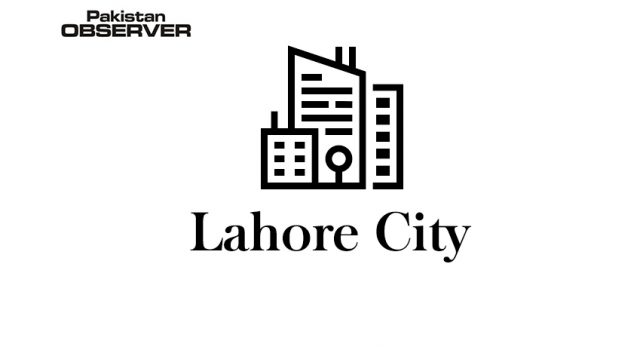“If poetry comes not as naturally as leaves to a tree, it had better not come at all,” says one of the most prominent English poets of the Romantic Age, John Keats. Defining the characteristics of poetry, Keats gives weightage to the naturalness of poetic creation over anything else. He further elaborates it as moving “into the go-cart from the leading-strings”, held by the Muse. This naturalness of poetic creation is the very feature of all great poets.
Ali Arshad Meer, primarily, a Punjabi language poet, surprises his readers with the gifted naturalness of his verse. One can never feel, this wonderful poet ever tries to insert a single line that has been coined to drag an idea. In addition to this, his verse glows with his rich imagery, highly impressive musical meters and inspirational ideas.
He belongs to that creed of progressive poets who began their writing careers during the dark and claustrophobic eras of successive martial law regimes in Pakistan. As student first at Halley College of Commerce and then in Punjab University and even later, he wrote profusely. However all this outpouring was saturated in the colors of that era’s gigantic poet, Faiz Ahmed Faiz. The popular anthem of the progressives is still the reminiscence of that budding eruption of Ali Arshad.
Girti howi dewaar ko aik dhukka aur do
However, a born poet never closes doors of his perception to the world around him. So did Ali Arshad Meer. After the initial phase of his poetic career, there is a clear shift in his focus and his born genius surfaced in its real and original colors with the passage of time. The poems, he composed in his mature years came from a poet whose soul was imbibed with hues of profound sensibility of whatever experiences of life he passed through. It was saturated with an acute subjectivity and insightfulness. He chose Punjabi, which he proudly stated maanboli and added exquisitely beautiful poems to Punjabi Literature; Sajanhudruchwanzehrpiwa,lang o samyalang, kalamakhaakpurhan, Takaynaito name a few.
However, the sensibility he developed in his very early period on social injustices, exploitation and oppression along with the dreams of an egalitarian social milieu remained with him as the cherished subjects of his poetry. However, they weren’t now the utterances under the banners of socialism. These subjects found their places as part of his faith in individualism and social enlightenment. Hence, they do not mar his poetic stature rather they merely widen the canvas of his poetic themes:
Alam pahartay Rub day na da
Haitan vugdi khai
Naal jungal vich oodh bulawaan
Ander chirilurai
Hazir ay jeera her thaantay
Kadi o vi
daway di khai
Epitomizing the genius of a poet in a few words or branding his production with a few literary clichés is to undermine a poetic genius. Actually, the exploration of a great poet never ends. Every new age sees more meaning and explores more undiscovered aspects of a literary giant. I find his poetry closer to the poetic experiences of the 19thcentury romantics whose verses are spontaneous, sonorous and emanate smooth flow of ideas.
Terse, meaningful and melodious Meer is yet to be discovered!So far as no critic has talked about his love of primitivism – a pure characteristic of romantic sensibilitythat is exuberantly manifested in his poems such asGuwachikutha di war, Maar bhironsindhsara, Lahore shehr di moritay ma and many such others of the same vein.
His interest in history, particularly, in ancient Eastern cultures, their customs and social hierarchies and the exploitation within them remained his forte. Hardly a poet of the present times has ever given these subjects a place on his creative canvas.
Arshad Meer particularly wrote on history of Sandal Bar and gave a series of lectures on Radio Pakistan; Faisalabad in 80s (still waits to be published).
Those who spent time in his company know well that how enthusiastic he was about the social history of the sub-continent. How vividly he knew the castes and creeds of the Punjab.
He could speak hours and hours on his favorite subject.
He was a great poet and greater as a man; all love and no malice.










